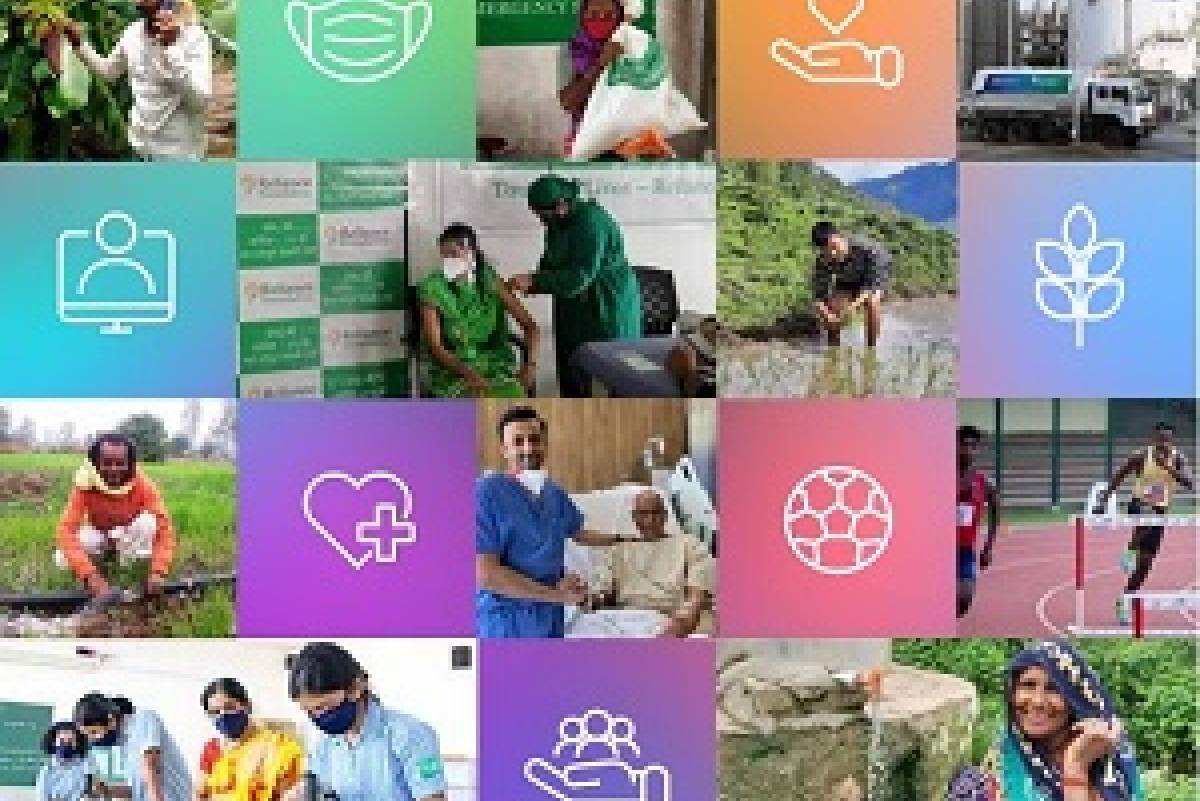
Further, the report argues that because a large share of the country’s HIV-positive population are employed by Indian industry, businesses can gain from early decisive action to prevent HIV and AIDS. The paper also shows the advantages businesses bring to the fight, and how the Indian government supports companies involved in HIV and AIDS interventions.
In India both private and public sector companies are pursuing notable programs of HIV and AIDS awareness and prevention for employees and for local communities. The report highlights lessons from HIV and AIDS interventions by Indian businesses. These lessons include:
- partnerships with local NGOs, State AIDS Control Societies, and other agencies have proved critical to the success of several programmes
- companies have used several approaches to communicate HIV and AIDS messages to their workforce and local communities
- programmes to support mobile target groups such as sex workers and their clients are important in preventing the spread of the virus
- lack of government health facilities has created challenges in accessing medical and testing facilities
- most programs have encountered resistance to HIV and AIDS messages because of the stigma attached to the epidemic and to topics related to sex
- taking early decisive action on prevention before the epidemic gets out of control will pay off for companies
- improved monitoring and evaluation will help in planning and implementing programs, in identifying gaps, and in sustaining, scaling up, and expanding initiatives
- continued financing is especially essential for treatment programs, which, once initiated, must not be interrupted.




